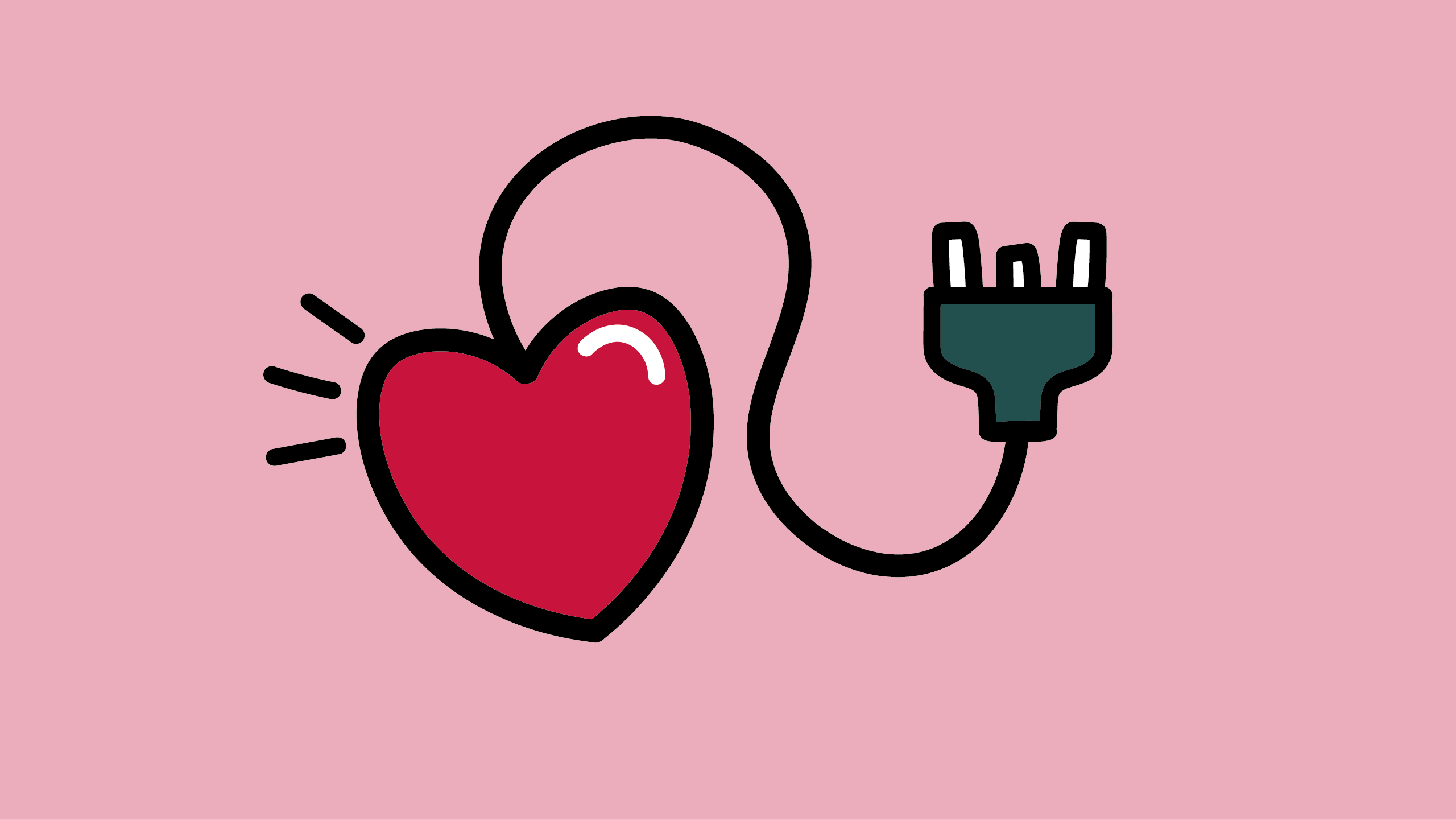Project Description
The Factors of Everyday Stress
April 18, 2022

In 2021, 74% of UK adults have felt stressed that they have felt overwhelmed or unable to cope.
Stress is an emotion that most of us will feel in our day-to-day life. However, it is important to learn how to manage stress, how it affects you and what type of stressors you are susceptible to before you burn out. Whether you are dealing with stress from work, personal relationships, or everyday life, it is important to act and make a change before you end up in a vicious cycle.
How do we identify stress?
You might be surprised to find that some of the first signs of stress are physical symptoms such as tiredness, headaches, an upset stomach, chest pains or your skin breaking out. Other examples are not being able to sleep well, eating too much or eating too little which can lead to poor physical health.
Feeling irritable, anxious, impatient, as if your mind is racing and you can’t switch off or depressed are also signs of a person being stressed.
What causes stress?
Feelings of stress are usually triggered by everyday things in your life. For example:
Personal Life:
- Pregnancy and becoming a parent
- Bereavement
- Illness or Injury
- Difficult personal relationships
- Having to move home due to circumstances changing
- Money problems
Work life:
- Losing your job
- Starting a new job
- Overloading on work
- Deadlines, issues and worries at work
How can we deal with stress?
Working out your stressors and triggers can help you prepare for problems and think of ways to solve them before they become overbearing. Take some time to self-reflect on the times where you have felt overwhelmed. Take into consideration whether these stressors are work related, personal or are they ongoing events and how you can tackle them.
For example:
- A good way to manage your workload during the day is to identify when your productivity levels are at it’s best. For some of us it is early in the morning, for others it is in the afternoon. This allows us to recognise what difficult tasks should be done first, whilst leaving the easier ones, so to speak, for when we feel slightly less productive.
- We advise to create a daily to-do list. It is easy to feel overwhelmed when you have many things to do, but if you write them down according to priority – this gives you a chance to manage those tasks better. Also, if you see it written down then it doesn’t give your mind the time to panic about the tasks to be done.
- Ask someone if you need help or if they can help you.
- Try not to overload and do everything at once. You’re more likely to find it harder to do individual tasks if you have a huge list in front of you. Little by little.
It is also important to give yourself a break from everyday life. It allows us to reset and recharge, which usually gives us a newfound boost of productivity in our work or personal lives.
- Take a break or go on holiday. Time away from your usual routine will help us feel refreshed and relaxed.
- Reward yourself after any achievement. Treat yourself to your favourite meal, go for a drink with a friend of simply say ‘well done me’!
- During work, take short breaks. Go for a walk, go to a café or work from a friend’s house. It’s important to change our scenery.
Learning to be kind to yourself is a huge factor in controlling high pressured and stressful situations. Remind yourself that nobody is perfect. We all go through hard times in life and in doing so, we will build resilience and learn more about our stressors and ourselves in the process.
#thecondorcollective #stressawarnessmonth
